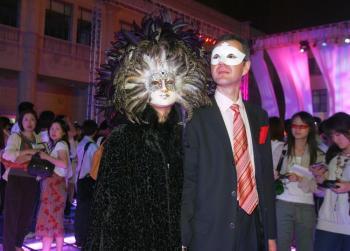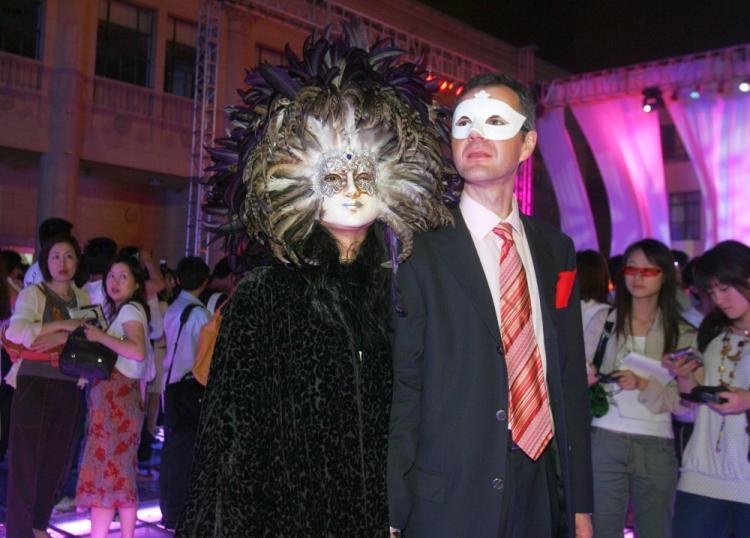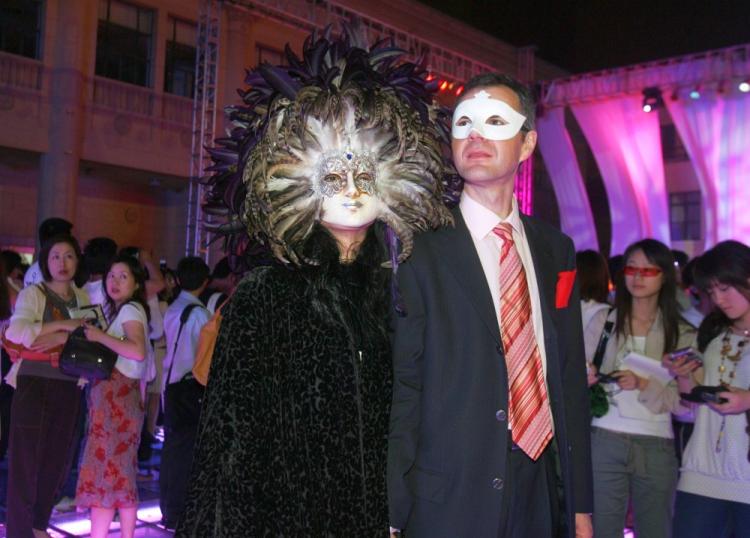Chinese ‘Rich Second Generation’ Extravagantly Shelling Out Millions
Chinese media recently abuzz with news of the extravagant spending to celebrate engagement of young couple in China.

Performers walk the runway during the 2007 Millionaire Fair in Shanghai, China. The extravagant spending habits of China's 'rich second generation' are shocking to many people around the world. China Photos/Getty Images
|Updated:





